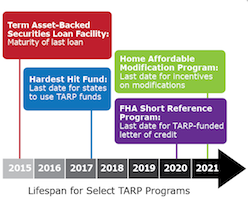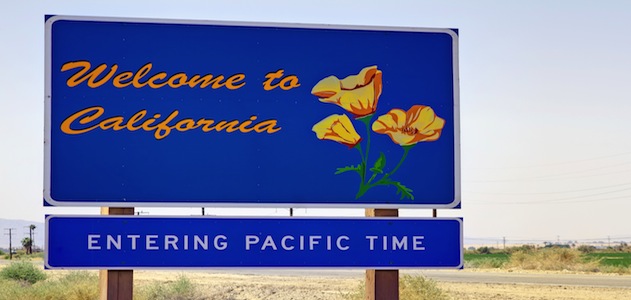The mastermind behind the Troubled Asset Relief Program, Neel Kashkari, is attempting to step into a new role and is running for California governor in the 2014 election race.
You may remember TARP — the national program otherwise known as "we are going to spend how much keep the economy afloat?"
If not, created in 2008, TARP was the answer to the financial crisis, and Kashkari was appointed as the assistant secretary of the Treasury for Financial Stability from October 2008 to May 2009 to administer the new division and try to salvage what little was left of the economy.
The plan: to help stabilize the financial system, restart economic growth and prevent avoidable foreclosures, among other things, through $475 billion that was designated by Dodd-Frank and the Consumer Financial Protection Bureau.
However, this plan to help the nation is also the very thing that is holding Kashkari back in his campaign for election in 2014.
During an interview Monday morning with CNBC, Kashkari explained that despite people disliking TARP, especially in California, he owns up to it. And even defends it.
“This is the best example we have in modern American history of Republicans and Democrats working together and putting their country before political careers. Isn't that what we ask our politicians to do? I'm proud of the fact that we stabilized the economy. We hated to do this. We want to let all the banks fail. But when it come down to it, we worked together,” Kashkari said.
Currently, there are programs under TARP that extend to 2021, but it is not a hard stop, with changes in regulations and programs having the ability to extend the date out further.
Even if his bid to follow in the shoes of many big names is successful, the bailout program is likely to outlast his time in office.
Below is a lifespan for select TARP programs from the Special Inspector General for the Troubled Asset Relief Program.

But because of the combined, team effort used to create TARP, Kashkari said he believes people can work together in Sacramento.
California’s economy over the last 30 to 35 years has slowly declined and is now the number-one state for poverty.
And while the state's housing market is a reflection of this, the state has made some significant progress.
Six years after the financial crisis and California is still feeling the leftover ripple effects of loose lending standards and an overabundance of foreclosed homes. But things are looking up.
According to a report from the California Association of Realtors, after six consecutive quarters of declines, California’s housing affordability held steady in the fourth quarter of 2013, finally giving buyers a second to breathe.
California Election Day is June 3, with Kashkari running up against current California Governor Jerry Brown, Democrat, and fellow Republican candidate Tim Donnelly.





